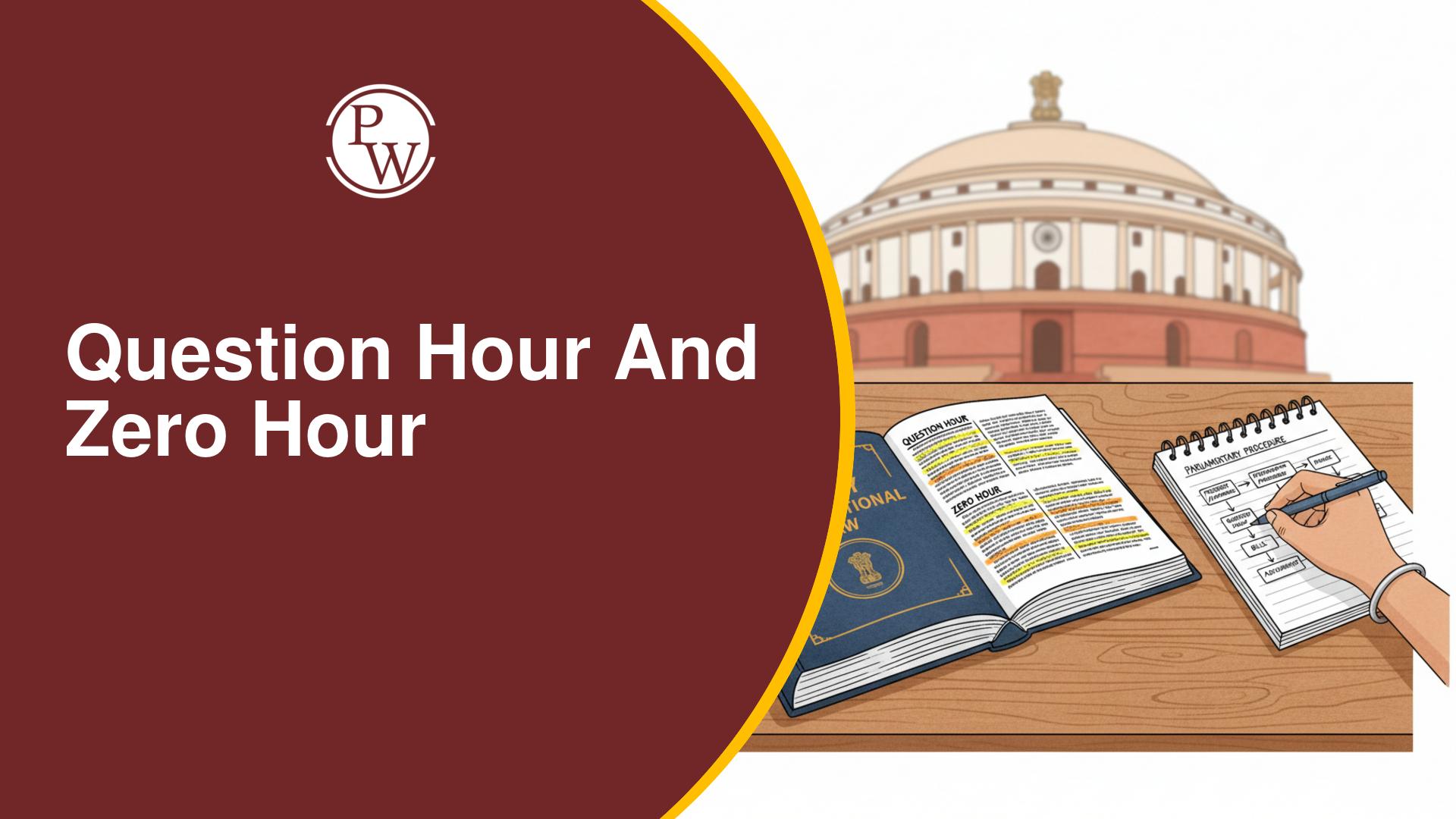
International Labour Day 2025, also known as International Workers' Day, will be celebrated on Thursday, 1st May 2025. This day is also known as May Day in many countries. It is dedicated to honouring the efforts, achievements, and rights of workers. For UPSC aspirants, this day is important for understanding labour movements, social justice, and government policies related to labour welfare.
International Labour Day 2025
International Labour Day 2025 serves as a reminder of the struggles and achievements of workers and trade unions across time. It reflects social movements and workers’ demands for better rights, decent wages, and fair treatment. The International Labour Day 2025 observance will likely include speeches, rallies, awareness campaigns, and worker rights programs.
| International Labour Day 2025 Overview | |
| Also Known As | International Labour Day / International Workers’ Day / May Day |
| Date in 2025 | Thursday, 1 May 2025 |
| First Observed | 1 May 1889 (globally recognized after the 1886 Haymarket Affair in Chicago) |
| Purpose | To honor workers, celebrate their contributions, and advocate for fair labor practices. |
| Origins | Rooted in the 19th-century labor movement for the eight-hour workday |
| Global Reach | Public holiday in over 80 countries (e.g., India, France, Russia, China, Germany) |
| Celebration Styles | Rallies, parades, speeches, seminars, union events, community gatherings, and spring festivals |
| Theme | Yet to be announced |
| Exceptions | USA and Canada celebrate “Labor Day” on the first Monday of September |
International Labour Day Theme 2025
The International Labour Day Theme 2025 has not been officially released yet. However, each year, the theme focuses on current global labour issues such as digital work, the gig economy, equal pay, or safe workplaces. The theme usually comes from the International Labour Organization (ILO), which plays a major role in promoting labour rights across the world. Once the official theme is announced, it will shape discussions, seminars, and campaigns for Labour Day 2025.
International Labour Day History
The International Labour Day History traces back to the labour movement in the United States during the late 19th century. On May 1, 1886, workers in Chicago launched a massive strike demanding an 8-hour workday. The protests, known as the Haymarket Affair, turned violent but left a lasting legacy on labour rights.
Later, in 1889, the Second International, a global socialist group, declared 1st May as International Workers’ Day to honour those who sacrificed their lives for the cause. Since then, it has been observed globally to promote workers' rights and dignity.
In India, Labour Day was first celebrated on 1st May 1923 in Chennai (then Madras) by the Labour Kisan Party of Hindustan. It was led by Comrade Singaravelu Chettiar, who raised awareness about the workers' movement.
Labour Laws in India
Labour Laws in India are essential for protecting workers’ rights and ensuring fair working conditions. The Constitution of India also supports the dignity of labour through the Directive Principles of State Policy (DPSPs). India’s labour law framework underwent significant transformation, consolidating 29 central laws into four comprehensive codes:
- Code on Wages, 2019
- Code on Social Security, 2020
- Industrial Relations Code, 2020
- Occupational Safety, Health and Working Conditions Code, 2020
These laws cover wages, job security, safety, health, working hours, and social benefits like Provident Fund (PF), Employee State Insurance (ESI), gratuity, and maternity benefits.
Labour Rights in India
Labour Rights in India are protected under both the Constitution and labour legislations. Key constitutional provisions include:
- Article 23 & 24: Prohibit forced labour and child labour.
- Article 39: Ensures equal pay for equal work.
- Article 41: Right to work, education, and public assistance.
- Article 43: Living wage and conditions ensuring dignity.
India has also ratified many ILO Conventions, such as:
- Convention No. 138 (Minimum Age)
- Convention No. 182 (Worst Forms of Child Labour)
In practice, Labour Rights in India include:
- Right to fair wages
- Right to safe working conditions
- Right to form or join unions
- Right to social security
- Right to non-discrimination at workplace
However, challenges remain. Informal workers, who make up about 90% of India’s workforce, often lack access to these rights. Schemes like e-Shram Portal, PM Shram Yogi Maandhan, and MGNREGA aim to protect unorganised sector workers.
Significance of Labour Day 2025
Workers are the backbone of every nation. From construction and farming to IT and healthcare, every sector depends on the hard work and dedication of its labour force. The importance of Labour Day 2025 is shaped by both its historical roots and the contemporary challenges facing the global workforce.
- Recognition of Workers' Rights: Labour Day reaffirms the importance of fair wages, safe working conditions, and job security.
- Celebration of Labour Achievements: It honors the progress made by workers’ movements, including improved workplace laws and protections, through events that celebrate their essential contributions.
- Global Solidarity: The day highlights unity among workers worldwide, reinforcing the strength of collective action in pursuing justice, equality, and universal labour standards.
- Focus on Modern Workforce Challenges: Labour Day 2025 draws attention to issues like automation, gig work, and climate-driven job shifts, emphasizing the need for updated protections and policies.
- Renewed Call for Social Justice: It serves as a reminder to ensure economic development benefits all, advocating for dignity, equity, and decent work in an evolving global economy.
International Labour Day 2025 reminds us that every worker matters. Their rights, safety, and dignity must be protected for a just and inclusive society. Want to master topics like labour laws, governance, and current affairs in depth? Check out PW’s UPSC Courses to boost your preparation!
International Labour Day 2025 FAQs
What is the date of International Labour Day 2025?
Why is Labour Day celebrated on 1st May?
What is the theme of International Labour Day 2025?
Who started Labour Day in India?
Are labour laws under Central or State jurisdiction?

UPSC Coaching









